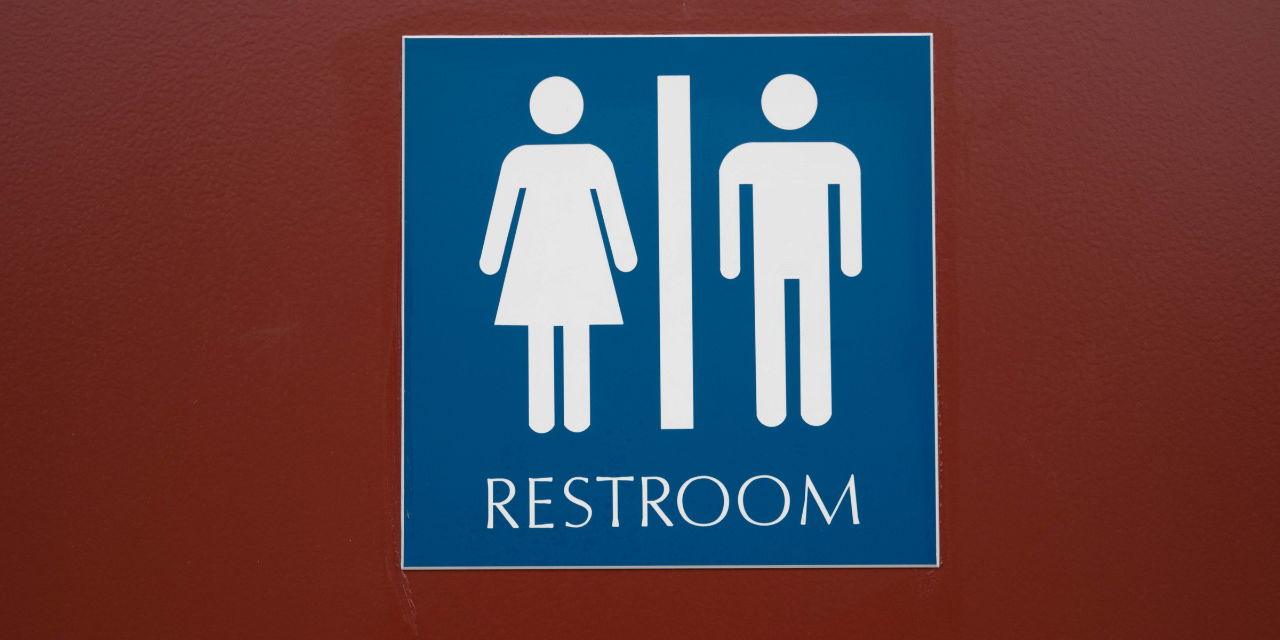The Tennessee legislature quite sensibly wants to protect children’s privacy and safety when they are changing clothes, taking showers, using restrooms or sleeping together on overnight school trips. It passed the Tennessee Accommodations for All Children Act which went into effect in July. The law allows any student who objects to using the facilities designated for his or her biological sex to request an “accommodation,” which would require the school to provide something like a single-user restroom or changing facility.
In those cases, the accommodation allows a student with gender dysphoria to avoid being forced to enter facilities where they might feel unwelcome or bullied because they identify as the opposite sex.
That attempt at a reasonable solution to valid privacy and safety issues, however, has been challenged in court by the nation’s largest LGBT activist organization, the Human Rights Campaign, on behalf of a 6-year-old student and 14-year-old student who identify as “transgender.”
Alphonso David is the President of the Human Rights Campaign, which issued a statement announcing the filing of the lawsuit.
“The Tennessee law, which denies transgender young people the ability to use facilities consistent with their gender identity, is not only morally reprehensible but devoid of any sound legal justification and cannot withstand legal scrutiny,” David said. “Courts have time-and-again ruled against these dangerous and discriminatory laws and we are going to fight in court to strike down this one and protect the civil rights of transgender and non-binary young people. With our representation of two transgender kids today, we are sending a strong message of support for all transgender and non-binary children across the country— you matter, and your legal rights should be respected.”
It’s not quite accurate to say, as Mr. David has, that “courts have time-and-again” ruled against laws relating to privacy in school restrooms and locker rooms. That’s a bit of an overstatement. The 4th U.S. Circuit Court of Appeals and the 11th U.S. Circuit Court of Appeals have done so, but no other Circuit Courts have so ruled, and neither has the U.S. Supreme Court, which recently passed on a chance to get involved in the 4th Circuit case.
But it was the Supreme Court’s decision in Bostock v. Clayton County in 2019 that redefined the word “sex” in federal employment law to include sexual orientation and gender identity that opened the door to these other courts redefining the same word in Title IX. That’s the federal education law that prohibits discrimination in schools on the basis of sex. That 1972 law, while prohibiting sex discrimination, recognizes the biological differences between males and females and allows schools to designate sex-segregated facilities to guarantee the privacy and safety of each sex.
In today’s culture, gender ideology claims that you are whatever gender you want to be, and therefore you should, even if you are a male, be able to change and shower with the girls. While we should employ compassion and understanding of people suffering from gender dysphoria, that should never result in compromising the privacy and safety of girls and boys.
And you’d think that these clearly written federal laws allowing for men’s and women’s facilities in schools would be a line in the sand that even the most ardent culture warriors of the sexual revolution would be unable to cross.
Unfortunately, you’d be wrong, at least with respect to the way a couple federal courts have ruled.
Hopefully, in Tennessee’s case, a federal court might just see clearly enough to allow that state to protect the sensibilities of its children, straight, gay or transgender. The law the state passed is a reasonable accommodation of all the interests involved.
The federal courts should start recognizing that.
The case is A.S. v. Lee.
Photo from Shutterstock.






